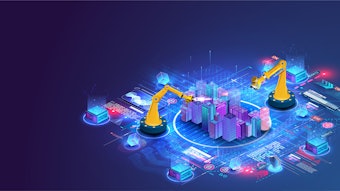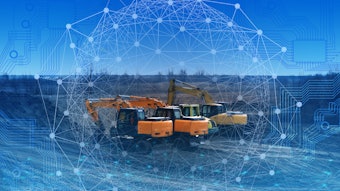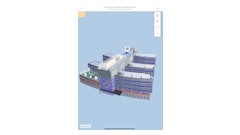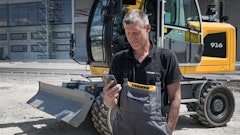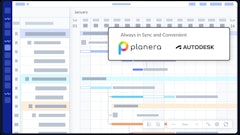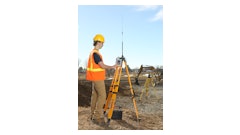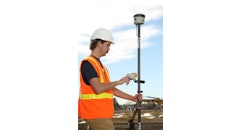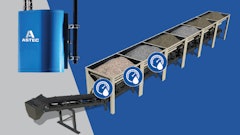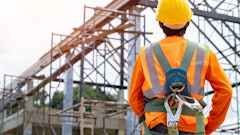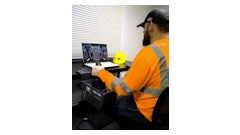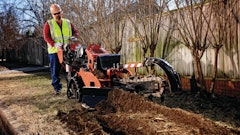
Construction workers are not often compared to movie stars. After all, those of us in the construction industry are not asked for autographs. We don’t get recognized on the street, and we don’t sell popcorn to people who stop to watch us work.
Yet the construction industry shares traits with Hollywood. Workers come together to create something new. Whether you are building a high-rise condo or a single-family home, it’s a major production. And both the construction and entertainment industries are simultaneously clinging to tradition and grappling with new technology.
That is why the construction industry should pay close attention to Hollywood’s struggle with artificial intelligence.
The entertainment industry recently experienced the first major labor battle over generative AI in the workplace. After a 148-day strike, writers largely won the battle against the machines. Some new guardrails were established, such as AI cannot undermine a writer’s credit or reduce their compensation. Writers also can choose to use AI if the studio consents, but the studio cannot force writers to use AI.
But the writers did not win every point. For example, production studios can still train AI using pre-existing material without the writer’s consent. That approach is certain to lead to future battles and has enormous implications for the construction industry.
For example, what if someone uses 1,000 architectural plans to train AI to design plans for new houses in minutes? Architectural firms are usually grounded in creativity rather than technology, so what if it’s a start-up tech company that mass produces less expensive housing by training AI? And what if that tech company builds its AI capacity with architectural plans originally created by firms that don’t know their work is being used like this?
The principles established by the negotiated agreement in Hollywood that AI cannot be used to replace writers or drive down wages are ones the construction industry will have to address, and we must get started soon.
The reality is that the construction industry already is undergoing a revolution that is past due. There is a housing affordability crisis and major concerns about sustainability as homes must withstand stronger storms. We must create smarter, stronger and more sustainable housing in a cost-efficient manner – and attract workers who embrace bold change and new technology.
Artificial intelligence will play a key role, just like it is in Hollywood. The construction industry already is adopting AI to fundamentally change and speed up the building process. According to a recent report from Research Dive, AI startups for construction will earn $8 billion in revenue by 2031.
I grew up around my family construction business in South Florida before serving two terms in Congress, where I spent a lot of time thinking about the nation’s challenges and how technology is changing nearly every industry. When I returned to construction in 2017, I was determined to use AI to reduce mundane jobs and accelerate construction times. Those are critical challenges as the industry copes with supply chain issues, high interest rates and labor shortages that are causing housing prices to soar.
In 2019, I launched an AI company that automates the tedious estimating and takeoff process in construction. Instead of manually measuring and labeling plans, we can do it in seconds. Workers can use ChatGPT to literally talk to their plans and immediately find answers to their questions. Instead of wading through construction documents to determine appliance packages or contract obligations, for example, workers can type the question into their cell phone and Chat GPT will provide the answer.
Artificial intelligence holds so much promise for the construction industry. We can use AI to make workers more productive and their jobs more interesting. No one looks forward to manually counting doors or labeling rooms on plans. We also should start thinking about the intellectual property component of construction before technology takes firmer hold.
We can learn from Hollywood’s drama. We can write our own script for using artificial intelligence and shape our future. I’ll buy the popcorn.
